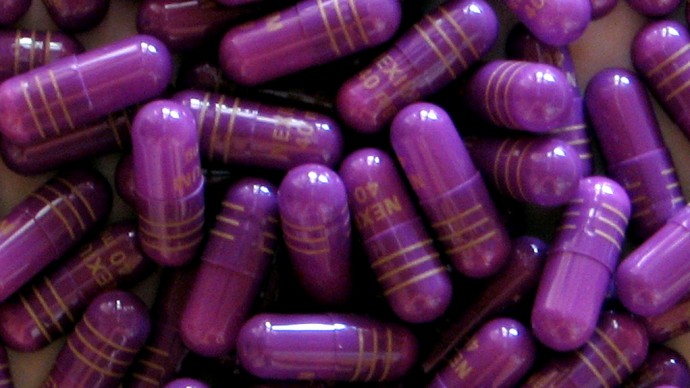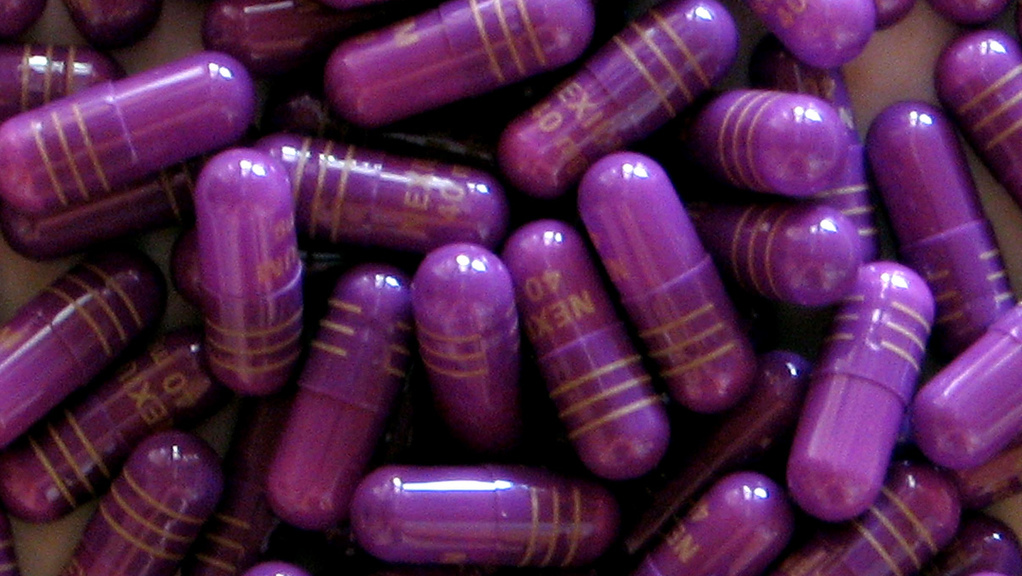
(MintPress) – In the United Kingdom, children as young as 5-years-old are being treated for depression and anxiety, according to a report by the BBC.
Professionals in the mental health field in the UK work with thousands of patients under the age of 18 each year.
While some of these patients are referred to therapy, including psychotherapy, cognitive behavior therapy, anxiety management and art and play therapy, prescribing drugs as treatment has been on the rise.
Unemployment, financial problems and substance abuse by parents have been cited as reasons for the increasing amount of stress children and adolescents face.
There is a wide range of therapy for children being treated for mental health concerns. In certain cases, play therapy is recommended for children to treat anxiety at a very young age, with children beginning therapy as young as 18-months-old in some circumstances.
However, the American Association for Marriage and Family Therapy states that while therapy may be a suitable option sometimes, attachment is a biological reaction that provides support and protection for the mother and her child.
The website goes on to say, “Research has indicated that school-age children who are securely attached are more cooperative with their parents, more inclined to competently explore the environment, and more likely to get along with their peers.”
Barbara Inkson, a child clinical psychologist at Solent NHS Trust, said referrals for therapy and other treatment for children is increasing by about 10 percent each year.
In some areas of the UK, prescriptions for Fluoxetine have increased by as much as 26 percent from April to September of last year.
According to the U.S. National Library of Medicine, Fluoxetine, more commonly known as Prozac, is prescribed to treat depression, obsessive-compulsive disorder and panic attacks.
In the United States, Prozac is not approved for children under the age of 8 to treat short- or long-term depression, according to the Food and Drug Administration (FDA).
According to the National Center for Biotechnology Information’s (NCBI) website, “Children, teenagers, and young adults who take antidepressants to treat depression or other mental illnesses may be more likely to become suicidal than children, teenagers, and young adults who do not take antidepressants to treat these conditions.” Adding, “However, experts are not sure about how great this risk is and how much it should be considered in deciding whether a child or teenager should take an antidepressant.”
In February, MPs announced a plan to combat depression and other mental health issues in children by setting aside an extra £22 million ($34 million).
According to the BBC, one in ten children in the UK between 5- and 16-years-old has a clinically diagnosable mental health problem.


